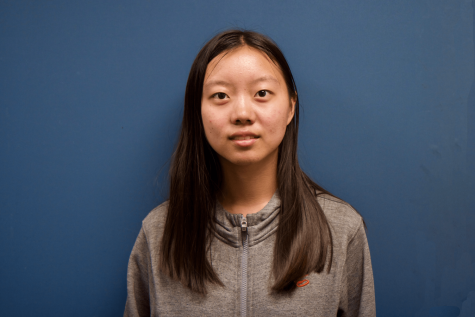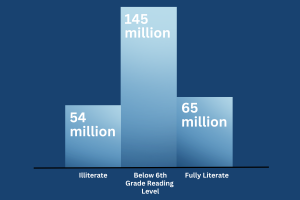Politics in the digital age: from daily life to elections
May 31, 2019
The U.S. is about to lose everything. At any moment, all electronic devices and databases could be wiped by a single virus and rendered useless, plunging the country into chaos. This is the premise of a recent political thriller, but it is not a far stretch in today’s society. Technology plays a role in almost all areas of life, and has had growing influence in politics and the government, especially for campaigning. The internet and media gives politicians instant access to a greater number of voters and more personal exposure.
“Social media is a different format [of communication] that makes people more accessible,” said senior Meera Balaji. “But it’s also easier to make assumptions about what [people] are saying.”
The success of former president Barack Obama’s campaign in 2007 was heavily dependent on his unprecedented use of various social media platforms. Obama had many followers on common social networks like Facebook and Twitter, but gained more on other platforms that helped him reach different communities and demographics. He had profiles on sites such as BlackPlanet, an African American networking service with job postings and political discussion forums, and AsianAve, which facilitates networking among the Asian Americans community. Obama’s campaign media team helped him construct his own networks as well. One of his sites, my.barackobama.com (MyBO), allowed people to create free accounts they could use to contribute to Obama’s campaign. With the tools MyBO provided, they could form groups to plan events and organize their local communities, as well as create blogs to post photos and messages. Two million MyBO profiles were created and volunteers using MyBO planned over 200,000 events.
“In 2019 [social media is] the most convenient way for a voter to engage with a campaign,” said social studies teacher Dave Pugh. “With the click of a button you can make a donation, complete a poll, sign a petition or contact a candidate. For a political operative, it’s the most effective way to get the right message to the right person at the right time. A lack of online presence can mean that a candidate, or cause, does not exist in the eyes of the voters.”
Donald Trump is known for his frequent and aggressive comments on social media, especially Twitter, to criticize the media and his opponents. During the 2016 election, however, Trump’s presidential campaign utilized Cambridge Analytica, a British political consulting firm that collected online data to that helped Trump create targeted ads, bolstering his campaign. Cambridge Analytica used a survey in an app called “thisisyourlife” that collected not only the data of the individual taking the survey, but of the Facebook friends of the individual. While only 300,000 people downloaded the app, Cambridge Analytica eventually garnered data on more than 50 million Facebook users. Its methods of gathering the personal data of millions without permission for political purposes has raised a scandal for both the firm and Facebook.
Technology can be misused to create negative impacts on both politicians and constituents. In the Mueller investigation conducted by the Special Counsel of possible ties between Russian officials and the 2016 presidential election, connections between political discord in the U.S. and Russian interference were exposed. As investigated by the New York Times, Russia’s government had, and still has, many ties to the Soviet Union’s Committee for State Security (the KGB), which is no longer a part of Russia’s government; the KGB has spread disinformation and “fake news” through organizations such as the Internet Research Agency, which influence online discourse and are known as “troll farms.” Russian trolls often provoke arguments on social media, which widen political divisions.
“Fake social media accounts that mimic legitimate ones (ex. Black Lives Matter) are being used to sew discontent by exacerbating divisions in the country that already exist,” Pugh said. “Technology is the latest weapon in the classic strategy of “divide and conquer” and the US is not the only target. It’s also much easier now for extremists to collaborate and spew their hatred and fake conspiracy theories as there is very little “gatekeeping” of online content.”
Technology itself can be inherently polarizing, as social media is programmed to cater to the user’s interests. Algorithms filter through posts and search history to display similar content, in order to attract the most interest, clicks and ad revenue.
“It’s easy to receive information on social media, as well as avoid what you don’t want to see,” Balaji said. “People always find a way to read and see what they want, but social media makes it significantly easier [to do so].”
Technology is incredibly powerful, and has the ability to make or break movements, politicians and careers. Social media can encourage constructive political discussions. People can bring to light concerns that would otherwise have a difficult time gaining attention. Movements can grow, give voice and support to the underprivileged and allow people to be exposed to new ideas and perspectives across the globe.





























































